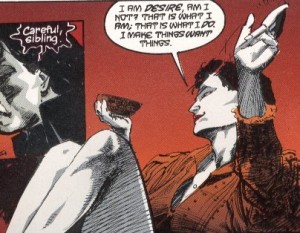In literature, the notion of “womanhood” can be very dynamic. Oftentimes, a girl becomes a woman through a series of life-changing events, the common ones being getting her period for the first time and another losing her virginity. For Mala, this process and notion were thrown out of sorts when her mother left and her father began abusing her and Asha. Mala and her sister lacked a maternal figure, so Mala was obliged to become that figure, in more ways than one. Women, by a societal definition, perform certain roles and tasks, such as cleaning the house and pleasing the husband. Mala becomes a sort of perverted version of this where she is compelled to do household chores and answer her father’s calls. While Mala’s body is forced to perform the role of a woman, Mala is still a girl in her heart and mind.
“For the first time in her life Mala felt like a woman, a feeling both thrilling and frightening. She lifted her shoulders upright and her small breasts quietly announced themselves” (Mootoo, 196).
Mala feeling like a woman could have several implications; given that she references her breasts, it could mean that she is starting to feel comfortable with sexual attention when it is from someone she likes. In addition, this could mean that she feels comfortable starting to defy her father, as he does not want Mala to form connections with anyone in town. In this way, being a woman would also mean being independent, as opposed to being obliged to work around the house and obey her father. Ambrose’s return symbolizes Mala being able to transition into the role of a woman on her own terms instead of being compelled to perform this role. Consequentially, Mala’s version of a “woman” is different from the stereotypical notion of a woman, which is essentially a housewife, as Mala seems to equate womanhood with independence and comfort in her sexuality.
